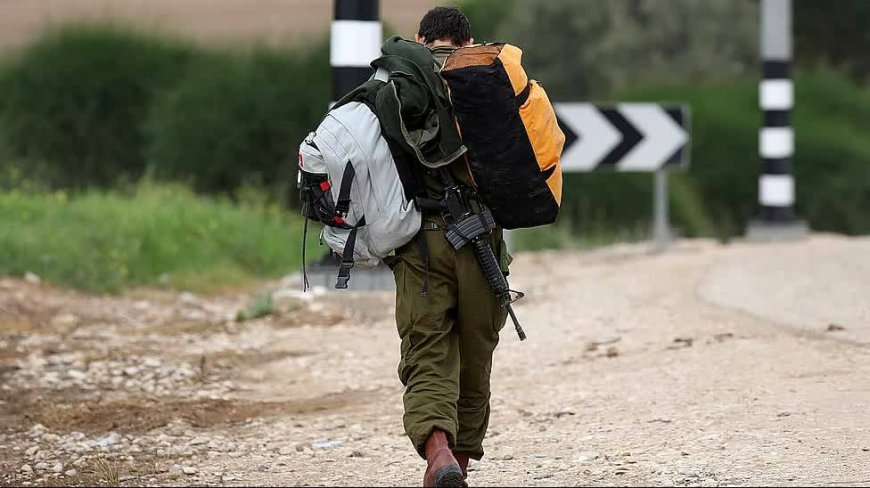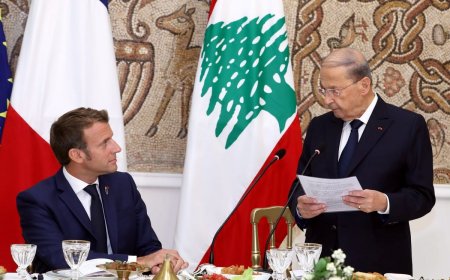What are the major movements campaigning against serving in the Zionist regime's armed forces?
By: H. Zaïm-Bashi There is a long history of defiance against the Zionist army and non-compliance with military conscription within both the reserve and regular forces.

Although there is no real distinction among Zionist political parties due to their shared racist political views, the refusal to serve in the military by the leftist and secular parties appears to stem from their opposition to settlement projects in the occupied 1967 territories in the West Bank and the expansion of Israel's borders beyond the Green Line.
(1) a distaste for serving under a cabinet that might implement the possible handover of parts of occupied territory to the Palestinians, such as what happened during Ariel Sharon's administration when the Israeli army withdrew from the Zionist settlements in the Gaza Strip;
And (2) avoiding serving based on religious reasons. An outstanding example is the sharp disagreements regarding the Haredim's exemption from military duty, as members of this ultra-Orthodox community were concerned that the military service would prevent them from devoting full time to Torah study.
The following are examples of groups that advocate for avoiding military service:
1. Yesh Gvul Movement
Yesh Gvul can be translated as "There is a limit", "There is a border", or "Enough is enough". It was the first organised effort in Israel to resist conscription. It was founded in 1982, during the First Lebanon War. Since then, the campaign's efforts have focused on three fronts: providing direct support for conscientious objectors, engaging in political initiatives to end the occupation, and educating the public to bring about social change. Many Yesh Gvul members take direct action against Israel's barbaric wars by challenging the notion that military service is the highest form of civic duty and creating a venue for protesting the oppression of the Palestinians. Yesh Gvul stresses the importance of the green line as Israel's border and calls for peace talks with the Palestinians.
In 1986, a year before the first intifada, the movement began hosting alternate Independence Day [Israel's creation in 1948] celebrations to highlight the green line.
2. Ometz LeSarev Movement
In January 2002, 51 army reservists and officers signed a letter expressing their conscientious objection to serving in the West Bank and Gaza Strip (beyond the 1967 lines), forming an association called Ometz LeSarev (Courage to Refuse). Since then, almost 600 reservists and officers have signed a letter expressing their conscientious objection to serving in the West Bank and Gaza Strip. Since then, nearly 600 reservists have signed the letter. The campaign, like other Israeli social movements, does not conceal its racist leanings, boasting that many of its members are officers and soldiers whose loyalty to the Zionist regime and the Israeli military is indisputable and who are willing to serve in the army but not in the West Bank and Gaza Strip. The basic argument of Ometz LeSarev is that many of the Israeli military's Middle Eastern operations are not vital for Israel's security but rather meant to repress Palestinian civilians.
3. Social TV
Since its inception in 2006, Social TV has worked as an independent media organisation promoting a social agenda that advocates not participating in the Israeli military. Social TV encourages its viewers to avoid serving in the Israeli military even though doing so is forbidden under Zionist laws, which calls for a five-year prison sentence for anybody who "incites or compels a person who is required to serve in the armed forces not to serve or not to report for military action."
Social TV asserts that it merely provides a platform for those with no means to voice their opinions, including those who are critical of the military and, most importantly, those with no interest in serving the armed forces. The Israeli reserve forces demonstrated today that their presence in the army cannot be isolated from social and political developments by expressing their opposition to Netanyahu's judicial reform plan, which has drawn protesters from all walks of life. According to observers, using the Israeli military as a political weapon against Netanyahu and his extremist allies is helpful, as the Israeli military is widely viewed as the backbone of Israel's strength.
In reality, the seculars make up the bulk of the military and represent a formidable social force that feels betrayed by Netanyahu's judicial coup d'état. This has led them to the conclusion that they must refuse to serve, a feat that weaker groups would not dare to undertake so easily.













































